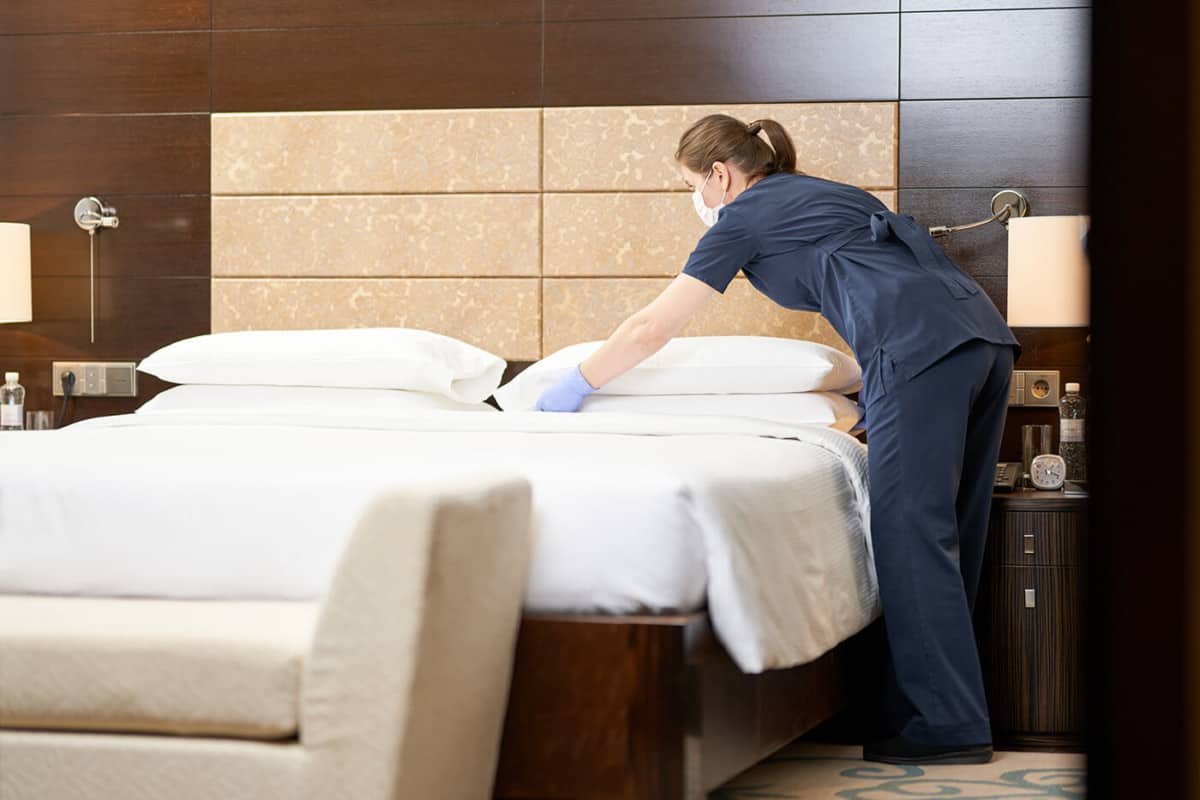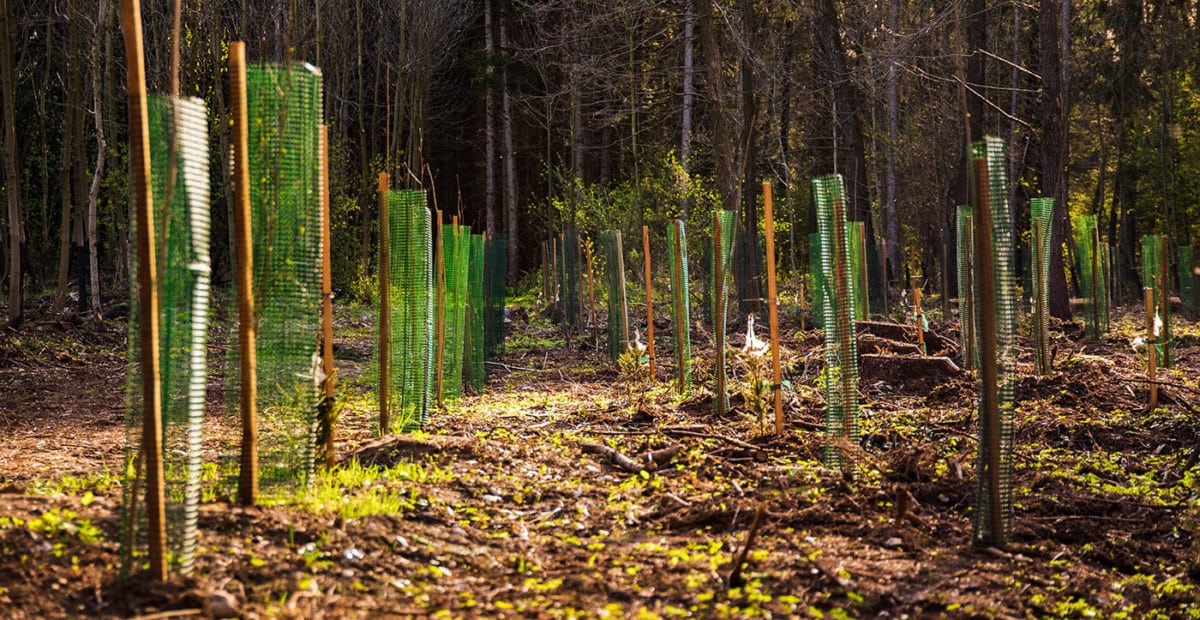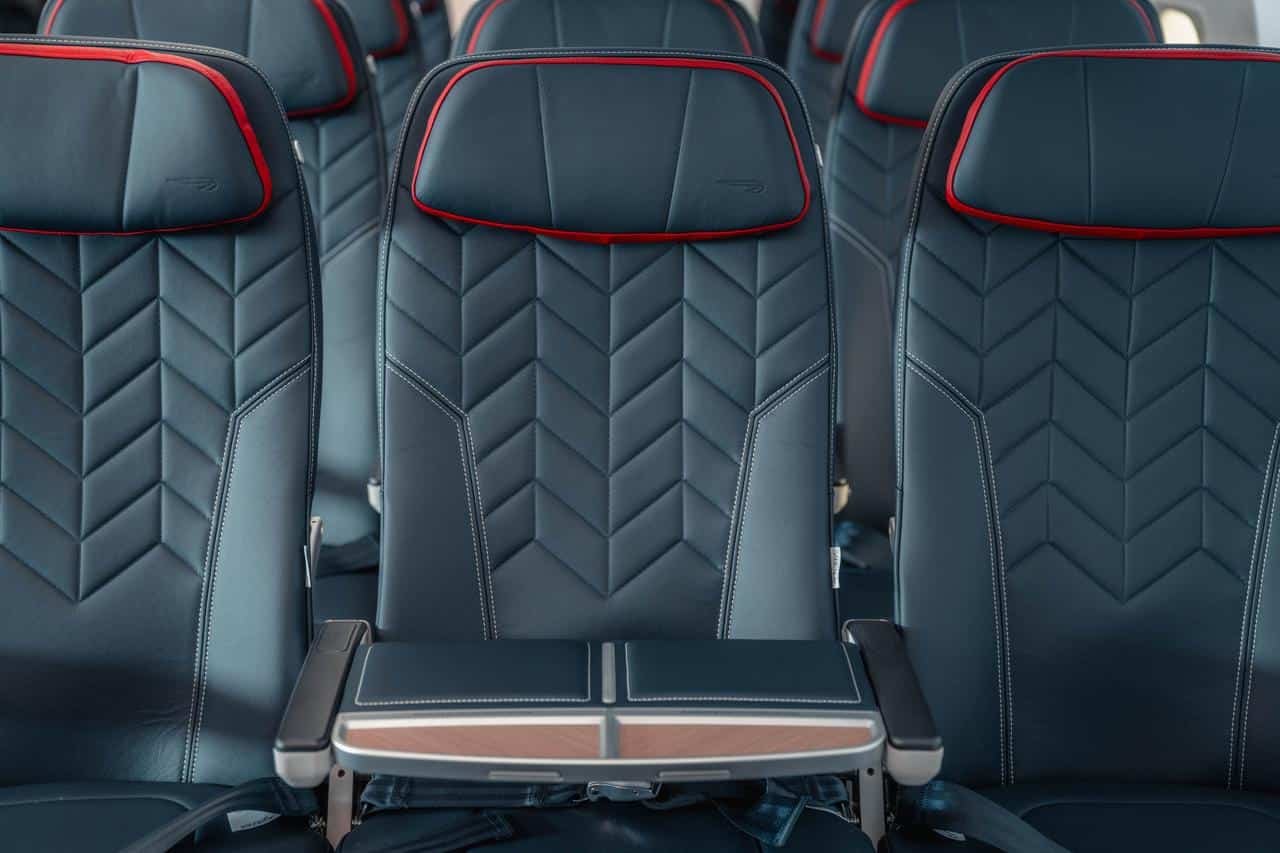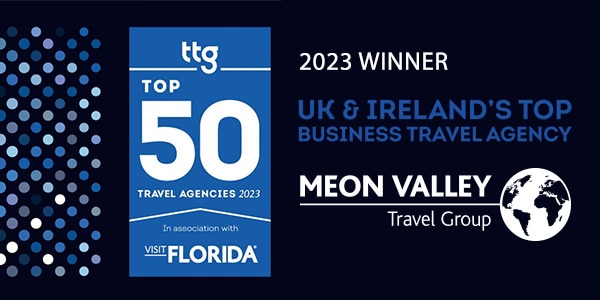The cleaner air and clearer waters the pandemic brought as the planet took a breather will be in the minds of many corporates when business travel returns to normal – a period likely to coincide with the build-up to November’s UN Climate Change Conference in Glasgow.
The Covid-enforced break has meant companies and organisations will be mindful that what went on previously simply falls too short of sustainability goals and public opinion.
This backdrop means business travel needs to reset and the interruption the pandemic has provided is a once-in-a-lifetime opportunity to address sustainability with a blank canvas.
Flight Shaming In Business Travel
Flight shaming became a phenomenon shortly before Covid and there is no doubt about aviation’s impact, but before considering how to build a sustainable travel policy, it is worth asking just how guilty we should feel about the issue.
To put it in proportion, Trees4Travel, Meon Valley Business Travel’s offsetting partner, points out the industry’s comparatively minor role in global warming. Power generation makes up around a quarter of CO2 emissions and deforestation 20%. Road travel is another 13%. In comparison, air travel is a much smaller fraction.
“Travel isn’t the biggest culprit. If we all stopped flying tomorrow, the reduction would be 2-3%,” said Trees4Travel’s chief executive and co-founder Nico Nicholas. He is, despite his profession, a proponent of business travel.
“There are so many benefits to travel and so many regions of the world where, without travel, industry would die.”
Nico Nicholas – Trees4Travel
Sustainable Business Travel
Of course, that doesn’t mean we can relax. The world of commerce has to start moving again in some form, so mitigating travel’s impact means developing a sustainable buying policy. The good news is that there is a will from suppliers as well as corporates.
A seismic shift is underway, with, for example, billions invested in sustainable fuels and new, more effective, offsetting schemes appearing. Suppliers have realised they have to be seen to be doing something because buyers are demanding action.
A Business Travel News Europe survey in early 2021 found half of all organisations now placed higher priority on sustainable travel. Similarly, 36% said sustainability would be a factor when selecting partners if all else were equal. The Institute of Travel Management describes sustainability as ‘no longer a box ticking exercise’ in RFPs and the GBTA’s hotel RFP template now has 20 questions on the subject.
The will to change is undoubtedly there, but one significant impediment is how we measure flying’s effects on our planet or a hotel’s overall environmental impact.Technology to support sustainable buying options is often lacking. GDSs, for example, could do more to offer information about aircraft fuel consumption, giving a choice between one airline that flies a modern Boeing 787 versus another using an older, thirstier 777. Similarly, there is no agreed standard with which to measure ground transport emissions.

Hotels Are Playing Their Part In Sustainable Travel Management
Efforts are being made in the hotel sector to offer meaningful data. The Sustainable Hospitality Alliance’s Hotels Carbon Measurement Initiative calculates carbon per occupied room per day. It also offers hourly meeting space data from 25,000 properties, making it a useful measure for RFPs.
Similarly, 18,000 properties offer data to the Hotel Water Measurement Initiative. However, both schemes are self-certifiable and underline the need generally for an independent body to ratify the industry’s efforts. It is a muddied picture and needs global agreements and reporting standards.

How To Carbon Offset For Business Travel
Meanwhile, there are progressive smaller scale initiatives, like Trees4Travel, which does offer a quantifiable carbon offsetting scheme.
It provides a dashboard where clients and individual travellers can see their trips measured against emissions and the number of saplings required to counter them. Ground as well as air transport emissions are calculated, with, for example, London to Manchester in a diesel car plus two nights in a hotel requiring one tree or £2 to offset.
There is also a “what if” option, comparing emissions for the journey if made by alternative transport. KPIs are now given against comparable businesses – a first for the offsetting sector.
Nicholas said the dashboard “almost gamifies” offsetting, with rewards for carbon-saving behaviour such as not having a hotel room cleaned.
He added that Trees4Travel was not just about planting saplings. “It’s also about renewable energy projects, rewilding and conservation.”
Offsetting schemes are a stopgap measure until sustainable fuels and carbon sinks are in regular use, as Nicholas acknowledged, but that will take decades.
“We don’t suggest people plant trees and continue life as normal; we need to work on better methods of transport. Meanwhile, we need an army to help fix the damage we have done and Meon Valley Travel is one of our partners.”
To find out more about how Meon in partnership with Trees4Travel can help you meet your sustainability goals please contact me by email at [email protected] or by telephone at +44 (0)116 478 8548.






